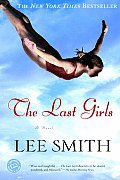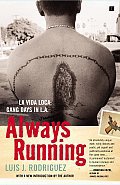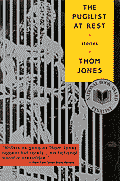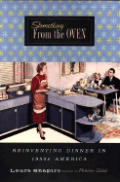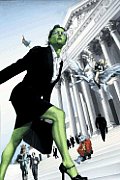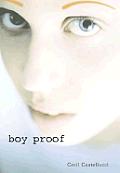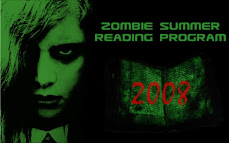
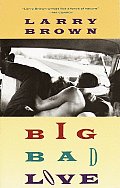
Welding With Children by Tim Gautreaux
Big Bad Love by Larry Brown
The writings of Tim Gautreaux and the late Larry Brown are not so different on the surface - both write about the day-to-day struggles of lower and working class Southerners, both write with humor that is dry and wry, and both seem to view the writerly world of retreats, fellowships, conferences, and readings as one big circle jerk.
 The major difference is that Gautreaux's stories leave you believing that humanity is basically decent and capable of redemption, and that even if you're a complete fuck-up there's a social network in place that will either save you from yourself or prevent you from hurting anyone else too much.
The major difference is that Gautreaux's stories leave you believing that humanity is basically decent and capable of redemption, and that even if you're a complete fuck-up there's a social network in place that will either save you from yourself or prevent you from hurting anyone else too much.He once said, "No story is interesting unless it deals with matters of values. Or else you end up with nothing but a slew of New Yorker stories, all nihilism and meaningless pauses."
 On the other hand, after reading Larry Brown, you will believe that all people are only about two paychecks and a failed relationship away from being capable of pretty much anything.
On the other hand, after reading Larry Brown, you will believe that all people are only about two paychecks and a failed relationship away from being capable of pretty much anything.Larry Brown once said that after a year in therapy, his shrink told him, "Maybe life isn't for everyone."
If you like Larry Brown, you might find Tim Gautreaux sentimental, and if you like Gautreaux, you might find Brown's work to be sloppy and misanthropic. I love them both, and find myself returning to their stories whenever I'm in the mood for reading, but nothing on my bookshelf looks good.
If you like...: Bastard Out of Carolina by Dorothy Allison, the short stories of Flannery O'Connor, or The Moviegoer by Walker Percy, one (or both) of these books are for you.
